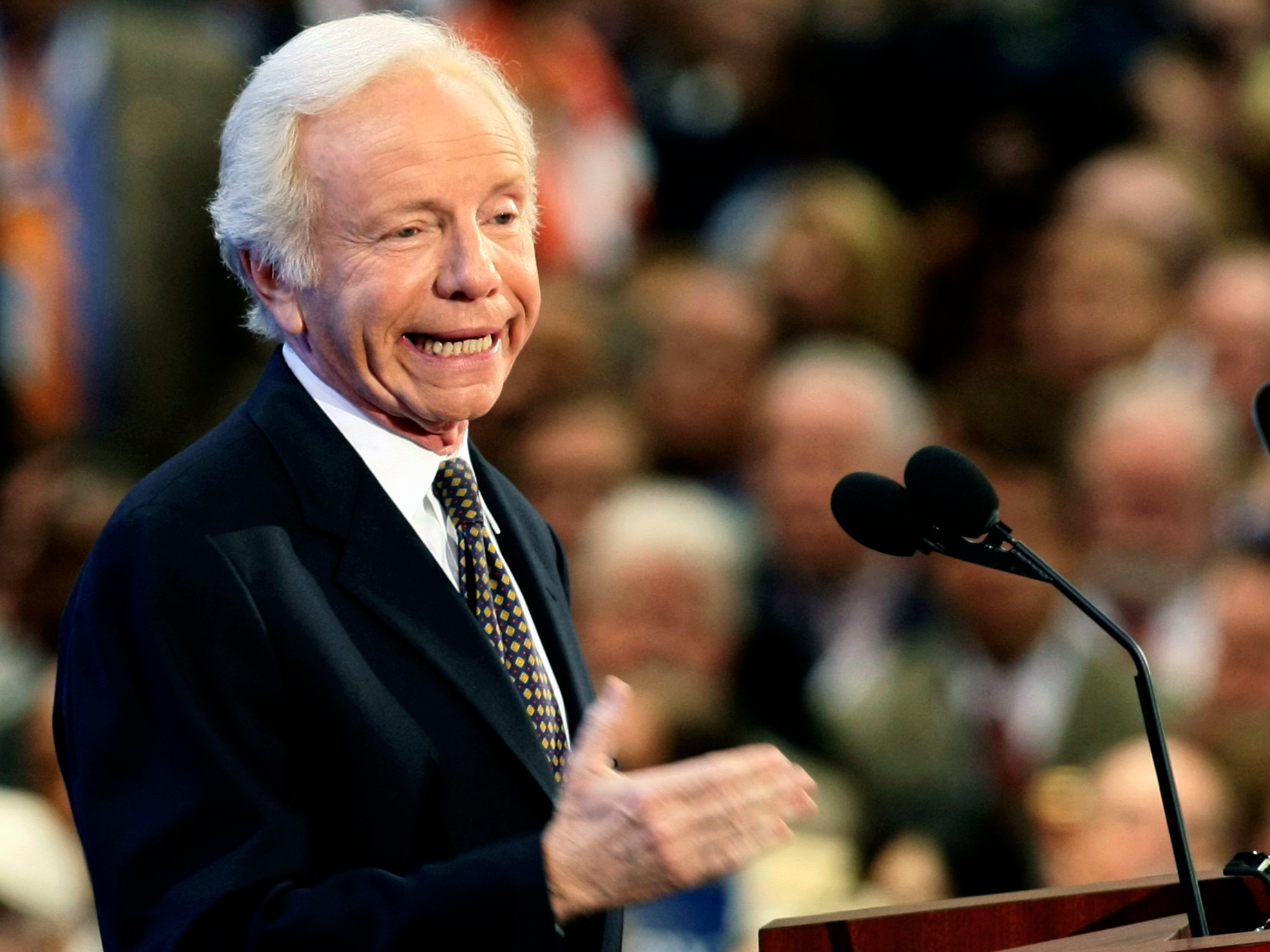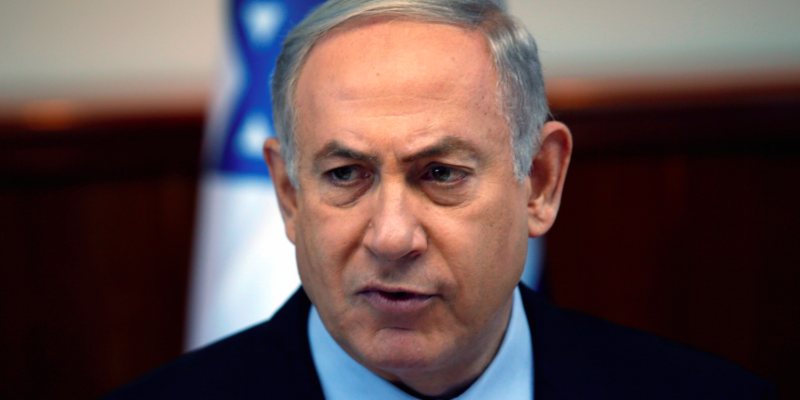Former Sen. Joe Lieberman isn’t surprised that President Donald Trump delivered on his campaign promise to restrict the travel of people from some terrorism hotspots to the US.
“Like everything else, this was to be expected, President Trump is keeping his promise,” Lieberman, the former chairman of the Senate Homeland Security Committee, told Business Insider in an interview last week. “The question is how the administrative agencies, in this case immigration, carry out his order.”
Lieberman, who was a longtime Democrat before he became an Independent, seemed in favor of more stringent vetting processes for those coming into the US.
Trump recently signed an executive order temporarily barring immigrants from seven majority-Muslim countries that the Obama administration flagged as “countries of particular concern” from entering the US. The order applies to citizens from Iran, Iraq, Libya, Somalia, Sudan, Syria, and Yemen.
“I think to me the whole aim here ought to be to create from these countries a higher threshold before you can get in,” Lieberman said. “But you know there may be some people who have a very good reason for coming in and don’t want to do us damage.”
Lieberman said he was glad to see Trump temper his initial plan for the ban.
"I appreciate that President Trump has gone from what during the campaign sounded like a possible ban on Muslims coming into America, which would have been unacceptable, I think unconstitutional, to making a judgment that there are certain countries from which people are more likely to be coming in here to do us damage, and therefore we ought to keep them out," Lieberman said.
Homeland Security Secretary John Kelly said in a press conference Tuesday that the "extreme vetting" immigration order was "not a ban on Muslims."
"This is not - I repeat - not a ban on Muslims," Kelly told reporters. "Religious liberty is one of our most fundamental and treasured values."
Kelly refused to refer to the action as a "travel ban," describing it as "a temporary pause that allows us to better review the existing refugee and visa vetting system."
The order also suspended the US' refugee-admitting program for 120 days, indefinitely barred Syrian refugees from entering the country, and gave priority status to minorities fleeing religious persecution.











